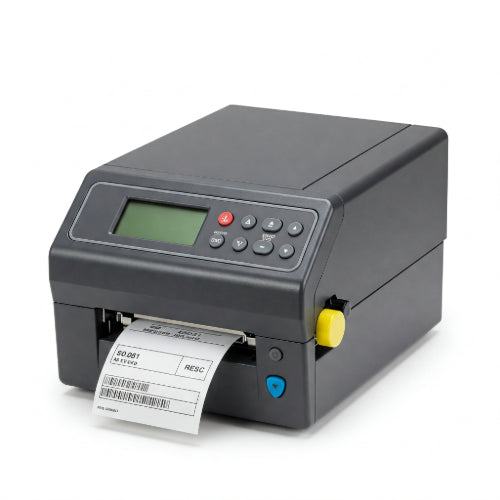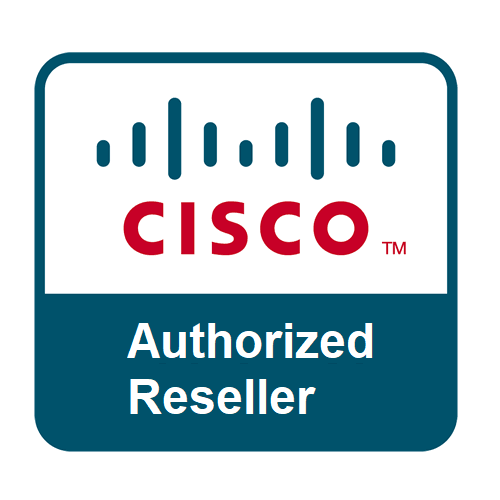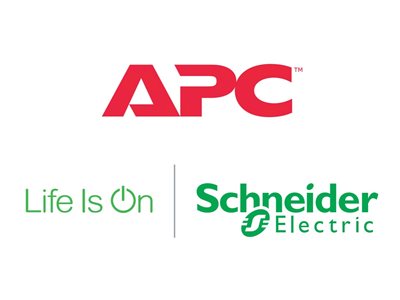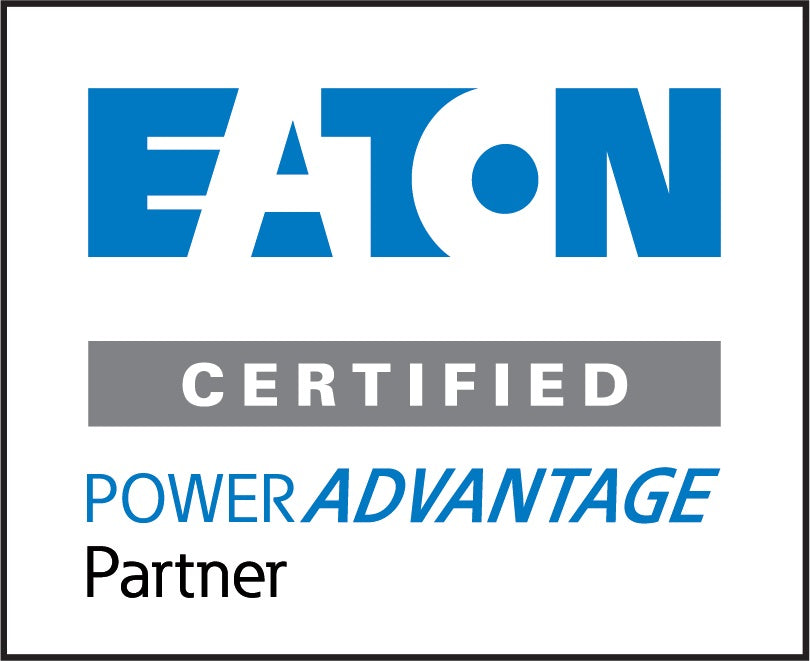Stick With Success: A Complete Guide to Label Printers for Small Businesses
In the bustling world of small business, organization and branding are key to standing out and streamlining operations. Often overlooked, label printers can be a powerful tool for achieving both. From shipping packages to organizing inventory and creating professional product labels, the right label printer can significantly boost efficiency and elevate your brand image.
But with a variety of technologies and features available, choosing the best label printer for your small business can feel daunting. This comprehensive guide will walk you through the essential considerations to help you make an informed decision and stick with success.
Why Invest in a Label Printer for Your Small Business?
Before diving into the specifics, let's highlight the numerous benefits a label printer can bring to your small business:
- Professional Branding: Create custom product labels, shipping labels with your logo, and promotional stickers that enhance your brand identity and leave a lasting impression.
- Improved Organization: Efficiently label inventory, shelves, folders, and equipment, saving time and reducing errors.
- Streamlined Shipping: Print clear and accurate shipping labels with barcodes, ensuring smooth delivery and reducing the risk of lost packages.
- Enhanced Efficiency: Quickly print labels on demand, eliminating the need for handwritten labels or relying on external printing services.
- Cost Savings: Over time, printing labels in-house can be more cost-effective than outsourcing, especially for businesses with frequent labeling needs.
- Flexibility and Customization: Easily create and update labels as needed, adapting to changing product information, promotions, or branding.
- Compliance and Information: Ensure products and packaging meet regulatory requirements by printing labels with necessary warnings, ingredients, or usage instructions.
Key Considerations When Choosing a Label Printer:
To find the perfect label printer for your small business, consider the following factors:
1. Printing Technology:
- Direct Thermal: These printers use heat to create images directly on specially coated, heat-sensitive label material. They are ideal for temporary labels like shipping labels, receipts, and visitor badges, as the printed image can fade over time with exposure to heat and light. They are generally more affordable and require no ink or toner.
- Thermal Transfer: These printers use heat to transfer ink from a ribbon onto the label material. This technology produces durable, long-lasting, and smudge-proof labels that can withstand various environmental conditions. They are suitable for product labels, asset tags, and labels that need to last. They require the purchase of thermal transfer ribbons.
- Inkjet/Laser: While standard office printers can print labels on sheets, dedicated inkjet or laser label printers offer roll-fed printing for higher volumes and more professional results. Inkjet excels at color printing for vibrant product labels, while laser offers speed and crisp text for black and white labels.
2. Label Types and Sizes:
- Consider the types of labels you'll need to print most frequently: Shipping labels (typically 4x6 inches), product labels (various shapes and sizes), address labels, barcode labels, etc.
- Ensure the printer you choose can handle the required label sizes and formats. Some printers are limited to specific label widths or roll diameters.
3. Print Volume and Speed:
- Estimate your average and peak label printing volume. If you print hundreds or thousands of labels daily, a high-speed industrial or desktop label printer with a large roll capacity will be necessary.
- For occasional or lower volume printing, a more compact and less expensive model might suffice.
4. Resolution (DPI):
- Dots Per Inch (DPI) determines the print quality and sharpness of your labels. For text and barcodes, 203 DPI is usually sufficient.
- For detailed graphics, logos, and high-quality product labels, consider a printer with 300 DPI or higher.
5. Connectivity:
- How will you connect the printer to your computer or network? Common options include USB, Ethernet, and Wi-Fi.
- Consider mobile printing capabilities if you need to print labels from smartphones or tablets.
6. Software and Compatibility:
- Check if the printer comes with user-friendly label design software. This software should allow you to create custom labels with text, barcodes, logos, and graphics.
- Ensure the printer is compatible with your operating system (Windows, macOS) and any other software you use for inventory management or shipping.
7. Features and Functionality:
- Automatic Cutter: Useful for printing individual labels from a continuous roll.
- Peel and Present: Automatically peels the backing from the printed label for faster application.
- Wireless Printing: Offers flexibility in placement and printing from multiple devices.
- Mobile App Support: Allows for label design and printing directly from mobile devices.
- Barcode Support: Essential for inventory management and shipping. Ensure the printer supports the barcode symbologies you need.
8. Budget and Running Costs:
- Consider the initial cost of the printer and the ongoing costs of supplies: Label rolls, thermal transfer ribbons (if applicable), and ink cartridges (if applicable).
- Compare the cost per label for different printing technologies and models.
Top Label Printer Types for Small Businesses:
Based on the considerations above, here are some common types of label printers suitable for small businesses:
- Desktop Label Printers: Compact and affordable, ideal for low to medium volume printing of various label types. Popular for shipping labels, address labels, and basic product labels. (e.g., Dymo LabelWriter series, Brother QL series, Zebra ZD220).
- Portable Label Makers: Battery-powered and handheld, perfect for on-the-go labeling tasks like organizing shelves or tagging equipment. (e.g., Brother P-Touch series, Dymo Rhino series).
- Industrial Label Printers: Robust and high-speed printers designed for high-volume printing in demanding environments. Suitable for manufacturing, warehousing, and logistics. (e.g., Zebra ZT series, Honeywell PX series).
- Color Label Printers: Inkjet-based printers that produce vibrant, full-color product labels with high resolution. Ideal for branding and attracting customer attention. (e.g., Epson ColorWorks series, Primera LX series).
Making the Right Choice for Your Business:
The best label printer for your small business depends entirely on your specific needs, budget, and the types and volume of labels you require. Take the time to carefully assess your current and future labeling needs, compare different models and technologies, and read reviews before making a purchase.
Investing in the right label printer can significantly streamline your operations, enhance your brand image, and ultimately contribute to the success of your small business. So, take the plunge, stick with the right choice, and watch your business flourish!







